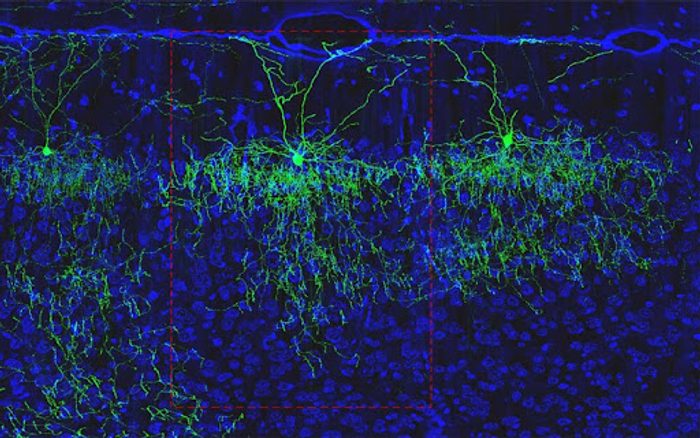|
One of the biggest scientific mysteries of our time is how the brain works.
How can this organ weighing 1.4 kg and using only 20 watts of power (as much as a light bulb) give rise to intelligence and consciousness? Scientists around the world are only beginning to decipher its complexity, starting with identifying the types and roles of the roughly 1,000 different cells that the brain entails, as a brilliant collection of articles explains in Nature (see below).
These huge efforts made me think of another maybe endless quest: the identification of all biological species on Earth, of which only two million have been described so far. Biologists estimate that overall there might still be 10 million unknown species on the planet, many tens of which disappear every day because of human activities.This albeit the fact that, just like the hundreds of neurons that form the brain, they are certainly all a piece of the immense puzzle that is the global biological ecosystem, when not – more simply talking – of the food chain. This week, the city of Kunming, China, is hosting a United Nations conference to foster biodiversity conservation, with good news: “China is set to take advantage of an international stage to show it’s serious about protecting the planet’s threatened species and ecosystem”, as an article in Science puts it. In other words, the concert of nations will maybe start to act as one to protect biodiversity.
Similarly, a convergence of continental if not national big-brain projects, called the International Brain Initiative and created four years ago, shows that only by counting on the efforts of all will we be able, one day, to understand the brain. All in all, in two fields as disparate as neuroscience and biodiversity conservation, it seems obvious that only a global collaboration will succeed, made possible through the noble idea of increasing our common knowledge through science.
Olivier Dessibourg
(EN)
|










